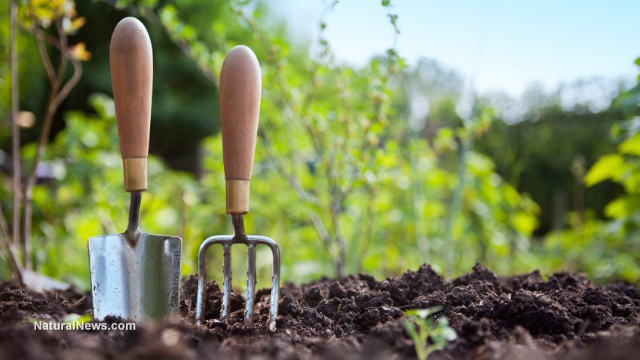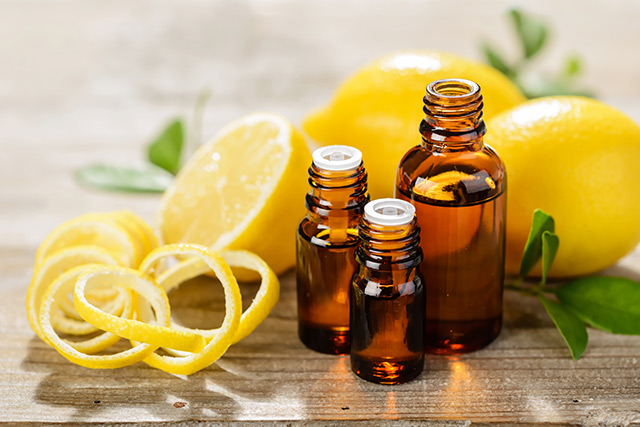
Advertisement
Gardening can be a very relaxing pastime. Being outdoors, soaking up the sunshine and running your fingers through the soil is an exhilarating experience for avid gardeners, and it can help melt away stress. Others do it out of a desire to better control the foods they consume. People with organic home gardens not only have the satisfaction of knowing that they are feeding their family produce that was not grown with toxic pesticides, but they are also helping the environment because they can use water more efficiently than commercial farms and they do not contribute to the environmental impact caused by transporting produce.
No matter what your reasons for gardening are or what you choose to grow, you are going to need to use water if you want your plants to thrive. How can environmentally conscious people tend to their gardens without being wasteful with our planet’s most precious resource? Here are some tips. (h/t to Basmati.com.)
Collect rainwater
Recycling rainwater is one of the best ways to keep your water consumption down and to make the most of what nature offers. You can collect rainwater with the help of a drainpipe and then store it in rain barrels. If you expect to harvest a lot of rainwater, you might want to invest in barrels with spouts to dispense the water easily. Depending on the climate where you live, you could save 100 percent on your outdoor water usage with this approach.
Direct the water to your plants
If you just turn on your sprinklers and let them run for a while, there is a good chance you are actually watering areas that are not part of the garden and do not need to be watered at all. Instead, stick to options that enable you to direct the water only where it needs to go. A drip irrigator, watering can or soaking hose will help you keep water wastage to a minimum.

Water in the morning
Timing is everything when it comes to watering your garden conservatively. Head out to your garden first thing in the morning while it is still cool outside; water is less likely to evaporate at this hour. While it might also sound like a good idea to water in the evening after the sun goes down to avoid evaporation, this can actually foster the growth of fungus or mildew.
Research your plants’ requirements
Over-watering is a common mistake among new and seasoned gardeners alike. Find out exactly how much water whatever it is you are growing truly needs, and be sure not to surpass that amount. You might be surprised at just how little water your plants need. You can also enlist the help of a timer to keep track of how long you water your garden.
Stick with native plants
It helps to choose plants that don’t need a lot of water in the first place. This doesn’t mean you need to fill your garden with cacti, but you should lean toward native plants, which tend to require less water because they are already adapted to the normal rainfall levels in your area. You should also consider placing plants that need similar amounts of water in the same area. In addition, smaller plants generally need less water than their bigger counterparts.
Try composting or mulch
Among the many benefits of composting is the fact that healthy soil does not use as much water as unhealthy soil. Meanwhile, a layer of mulch 3 to 4 inches thick can help curb evaporation and stop weeds from growing and taking water away from your plants.
Having your own home garden and being self-reliant is commendable for many reasons, but with water supplies in the nation and across the world rapidly dwindling, the time to start conserving is now. Even if you don’t live in an area affected by drought, population increases are drying out our planet’s water supply, so be sure to try these techniques. In addition to helping the environment, you will probably save some money in the process!
Sources include:
Submit a correction >>
This article may contain statements that reflect the opinion of the author
Advertisement
Advertisements
















